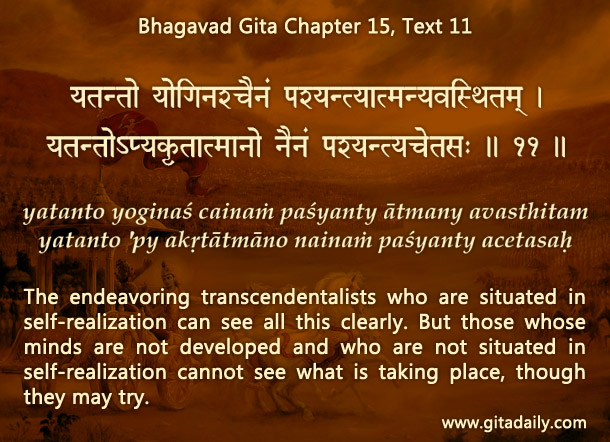How to manage complexity? – Do you sometimes feel that your life is becoming too complex? Too many things to do? Too many things others want you to do? Too many messages coming to you through your devices?
How can you manage this complexity? To understand, consider a metaphor. Suppose we somehow find ourselves alone and possession-less on an unfamiliar railway station. The station is noisy and busy; people are rushing to their destinations; no one is responding to our requests for guidance. The complexity of our surroundings may overwhelm us. Till a thought strikes us: “I can call someone for help.” Then that complexity will reduce to relatively simple to-dos: find the location of a nearby phone booth, and find a way to get there through the crowd. We may still be lost, yet we will feel calmer as we have decided what matters to us in that situation.
In general, we don’t see things as they are; we see them as they matter to us. When we don’t know what matters to us, things start seeming overwhelmingly complex. Intention shapes vision, indicates the Bhagavad-gita when stating we can’t see subtler spiritual realities if we are driven by desires for gross material things (15.11).
How can this principle help us manage complexity? By reducing complex things to the things that matter, in the form of three P’s:
- Purpose: What is the most important thing for us right now?
- Path: How can we do it?
- Pitfall: How can we deal with the things that obstruct us?
By regularly studying wisdom-texts like the Gita and doing periodic introspection, we can refocus on the things that matter to us, thereby giving ourselves the tools to manage complexity.
One-sentence summary:
We don’t see things as they are; we see them as they matter to us — refocus on our purpose and the world’s unmanageable complexity will reduce to a manageable simplicity.
Think it over:
- How do we see things?
- What three questions can help us manage the world’s complexity?
- Is any complexity overwhelming you? Can you use 3 P’s to make it manageable?
***
15.11: The endeavoring transcendentalists who are situated in self-realization can see all this clearly. But those whose minds are not developed and who are not situated in self-realization cannot see what is taking place, though they may try.
To know more about this verse, please click on the image
Explanation of article:
Podcast:


Do work in small pieces.
Do work in small pieces.